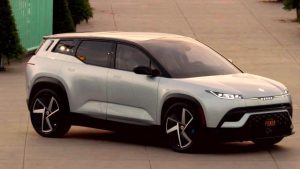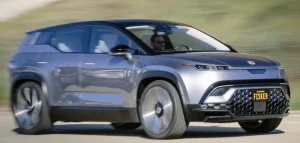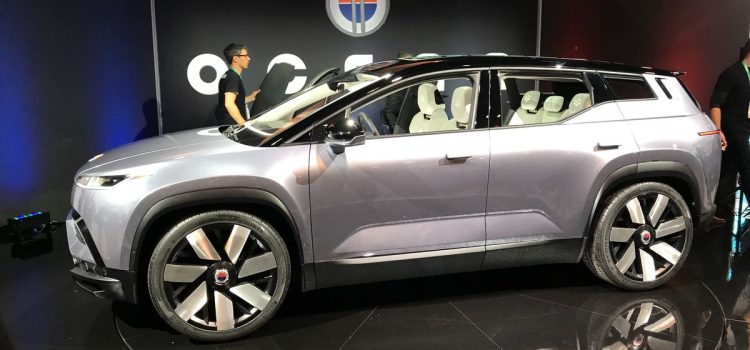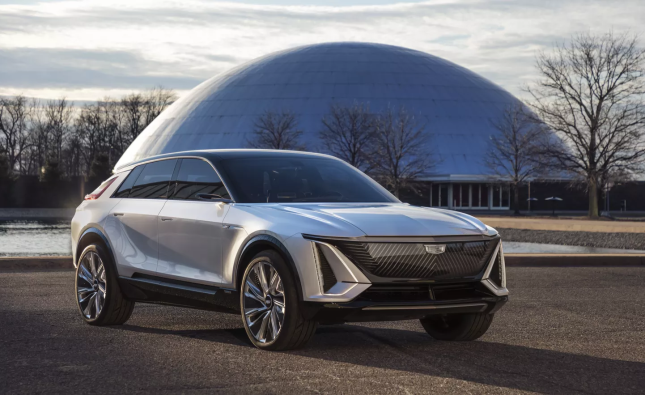
Introduction
The automotive industry is undergoing a monumental transformation, with electric vehicles (EVs) emerging as the future of transportation. As consumer demand for sustainable and eco-friendly options continues to rise, automakers are swiftly adapting their sales tactics to promote and sell EVs effectively. Fisker, renowned for its innovative EV designs, stands out as an exemplar in redefining sales strategies within dealership environments to meet this evolving demand.
Shifting Paradigms in EV Sales Tactics
Consumer Education and Awareness
The Role of Dealerships: Traditional dealerships have pivoted from merely selling cars to becoming educational hubs. Fisker and other EV manufacturers invest in training dealership staff to effectively communicate the benefits and nuances of EV technology to potential buyers.
Interactive Displays and Demonstrations: Automakers like Fisker have introduced interactive displays and test drives to allow consumers firsthand experience with the unique features and advantages of EVs, dispelling misconceptions and fostering confidence in EV technology.
Personalized Consultation and Customization
Tailored Solutions: Fisker’s sales approach emphasizes personalized consultations to understand individual customer needs and preferences. This facilitates the customization of EVs, showcasing various models and features that align with the customer’s lifestyle and requirements.
Transparent Pricing and Incentives: Dealerships employ transparent pricing models, elucidating cost savings through government incentives, reduced maintenance expenses, and lower operational costs to entice consumers towards EV ownership.

Integration of Digital Platforms and Virtual Showrooms
Online Configurators and Augmented Reality
Fisker’s Virtual Showroom: Utilizing online configurators and augmented reality, Fisker offers customers the opportunity to virtually explore and customize EV models. This empowers buyers to envision their ideal vehicle and understand the range of available options before stepping into a physical dealership.
Seamless Integration: Integration between online platforms and physical dealerships ensures a seamless transition from digital exploration to an in-person experience, fostering continuity in the purchasing journey.
E-commerce and Direct Sales Channels
Direct-to-Consumer Model: Fisker’s emphasis on e-commerce facilitates direct sales channels, allowing customers to configure, purchase, and schedule deliveries online. This approach streamlines the buying process and caters to the preferences of digital-native consumers.
Customer-Centric Approach: By integrating digital platforms, Fisker creates a customer-centric ecosystem, providing convenience, transparency, and accessibility in the EV buying process.
Environmental Sustainability as a Sales Driver
Eco-Friendly Branding and Corporate Social Responsibility
Fisker’s Sustainability Initiatives: Leveraging their commitment to sustainability, automakers like Fisker prioritize eco-friendly manufacturing processes and emphasize these values in their marketing campaigns.
Consumer Appeal: Aligning with environmentally conscious consumers, the integration of sustainable practices into the brand’s ethos fosters an emotional connection, driving consumer loyalty and EV adoption.

Conclusion
The sales landscape for electric vehicles is undergoing a profound evolution, catalyzed by the strategic adaptation of automakers like Fisker. By prioritizing consumer education, personalized experiences, digital integration, and sustainability, Fisker exemplifies a dynamic approach to drive EV sales in dealership environments. As the automotive industry continues to transform, these evolving sales tactics will play a pivotal role in shaping the future of EV adoption and the broader shift toward sustainable transportation.









